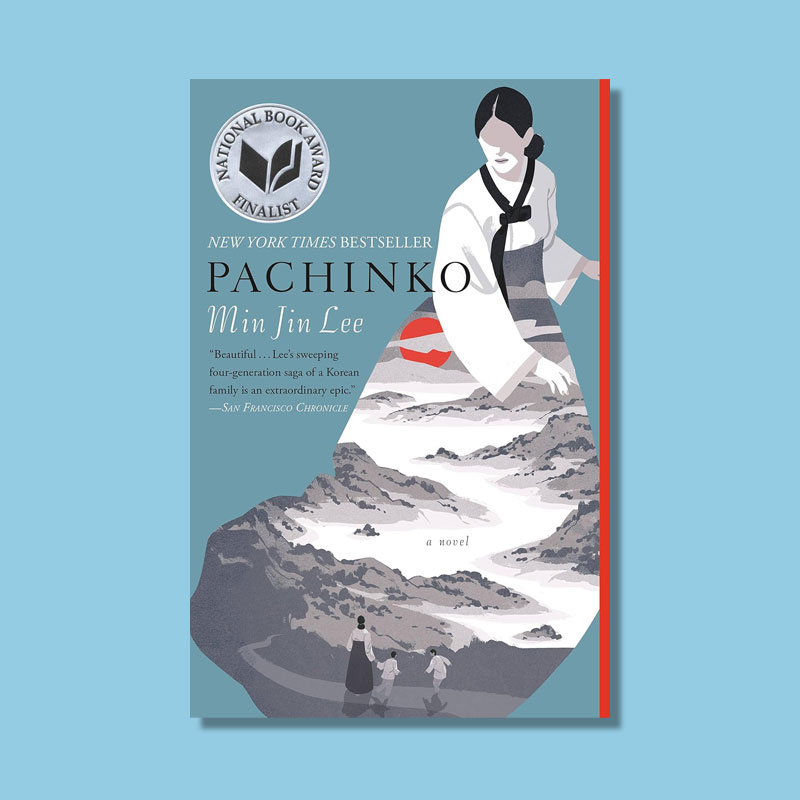Why do we call it a "pet peeve"? | | Do the sounds of someone chewing drive you to distraction? If you call that, or some other annoying habit, a "pet peeve," you might want to learn where the term came from. | |  | Bennett Kleinman |
|
| |  | | D on't you hate it when people arrive late after you tell them to be somewhere at a specific time? Or how about when people wear outside clothes on the bed? Or maybe it annoys you when people loudly scroll through TikTok on a public train and all you want to do is yell at them to use headphones!
… Sorry, that last one really rubs me the wrong way.
These are examples of pet peeves, or seemingly minor but still annoying issues. The term "pet peeve" is a recent creation that dates back to a little over a century ago, but let's break down each component.
The word "pet" has been used as an adjective since the late 16th century, originally referring to privately owned animals. In the 19th century, the meaning broadened to include things or beliefs we hold near and dear. Soon, people began using it ironically in terms such as "pet hatred" and "pet aversion."
"Peevish," meanwhile, is a 15th-century term used to describe things that evoke a feeling of spite or fretfulness. "Peeve" was created from "peevish" via back formation in the 20th century to fulfill a need for a term to describe personal annoyances. A back formation is when a new word is created by chopping off a real or supposed suffix or affix from an existing word.
"Pet" and "peeve" were combined in print in the 1910s, cementing the term in the public lexicon. A 1916 article from The Chicago Daily Tribune asked, "What is your little pet peeve? Hearing the baby scratch hubby's collar." This denoted one of the first known published instances of the term "pet peeve," but people continued complaining in print throughout the 20th century. From a 1976 edition of the National Observer: "Poorly designed parking garages have riled me for a long time, but they've become a full-fledged pet peeve in recent years." And in a 2002 copy of Time Out New York: "This touches on my biggest peeve with today's ... society." More than a century after the term's creation, folks continue to vent their pet peeves. The Instagram hashtag #petpeeve has 158,000 posts and counting. |
| | Continue reading | |  |
| |
| | Thanks for supporting our sponsors! They help keep Word Smarts free for everyone. | |
Emoji Decoded | |  | | Alien Monster | | | Meaning: Displays an alien creature, often associated with retro video games and digital culture.
Evolution: The display varies across platforms, but most are in 8-bit pixelated design, inspired by classic arcade games such as Space Invaders. The usage has evolved beyond gaming references to encompass broader themes of geek culture, technology, and feeling "out of this world."
Usage: [Comment on a post about AI art:] these AI images are getting too real 👾🎨 |
|
 | | Alien Monster | | | Meaning: Displays an alien creature, often associated with retro video games and digital culture.
Evolution: The display varies across platforms, but most are in 8-bit pixelated design, inspired by classic arcade games such as Space Invaders. The usage has evolved beyond gaming references to encompass broader themes of geek culture, technology, and feeling "out of this world."
Usage: [Comment on a post about AI art:] these AI images are getting too real 👾🎨 |
|
| |
Have you read? | |  | | Pachinko | | By Min Jin Lee | | "Pachinko" appears on almost every "best of" list for fiction in the last 10 years, and this multigenerational epic spanning the decades before and after World War II in Korea and Japan deserves every bit of praise. For Western readers, this is a perspective of World War II history we're not often exposed to, and the rich characterizations propel us on an emotional journey. (The book has been made into an Apple TV series.) | | | | Jennifer A. Freeman, Word Smarts Senior Editor | | | | We independently evaluate all recommended products and services. If you click on links we provide, we may receive compensation. |
|
 | | Pachinko | | By Min Jin Lee | | "Pachinko" appears on almost every "best of" list for fiction in the last 10 years, and this multigenerational epic spanning the decades before and after World War II in Korea and Japan deserves every bit of praise. For Western readers, this is a perspective of World War II history we're not often exposed to, and the rich characterizations propel us on an emotional journey. (The book has been made into an Apple TV series.) | | | | Jennifer A. Freeman, Word Smarts Senior Editor | | | | We independently evaluate all recommended products and services. If you click on links we provide, we may receive compensation. |
|
| |
|

No comments:
Post a Comment